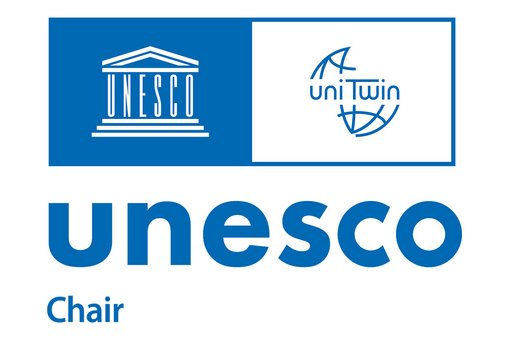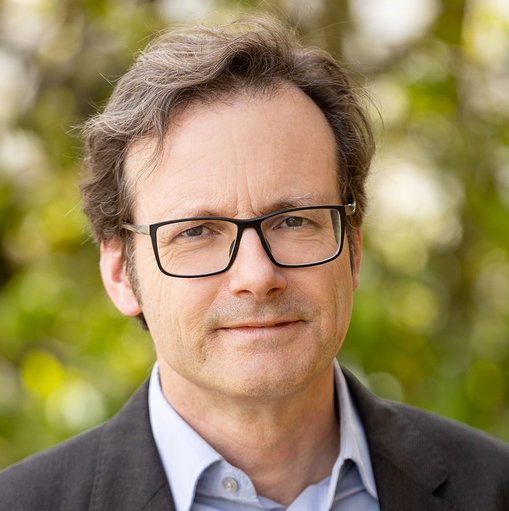LATEST NEWS
RheinMain University of Applied Sciences gets UNESCO Chair
UNESCO and RheinMain University of Applied Sciences in Wiesbaden have established the UNESCO Chair on Historic Urban Landscapes and Heritage Impact Assessments headed by Prof. Dr.-Ing. Michael Kloos. In Germany, 15 UNESCO Chairs to implement the global sustainability agenda.
”City changes are often grounds for intense discussions“, the President of the German UNESCO Commission Prof. Dr. Maria Böhmer stated. “How high can buildings become without losing their character? If we want to harmonize the historic appearance of our city with the needs of a modern society, we require practical knowledge. To master the balancing act between maintaining our urban heritage and developing it sustainably, various things must be considered at the same time from planning to citizen participation to administration issues and financing instruments“, Böhmer said. “With its outstanding expertise, the new UNESCO Chair in Wiesbaden contributes greatly to the success of this balancing act!“
The UNESCO Chair in the Faculty Architecture and Civil Engineering at RheinMain University of Applied Sciences gives practical support and knowledge on the preservation and sustainable development of historic urban landscapes. If cities are under high pressure to change, many practical questions on the historic substance arise. The issues are often controversial. The chair conducts research on how to deal with these contradicting interests. The chair unites expert knowledge on planning, managing and evaluating projects at UNESCO World Heritage sites and develops strategies for conflict prevention and mediation.
Interdisciplinarity
”Safeguarding cultural heritage in urban agglomerations can only succeed if it is considered a key component of current urban development. It is therefore an interdisciplinary task per se“, Prof. Dr. Kloos stated. ”This interdisciplinary approach is also an essential building block of the Architectural Heritage Conservation program as well as the field of Safeguarding and Sustainable Development of Historic Urban and Cultural Landscapes to which the UNESCO Chair is affiliated. It is also expressed by the fact that nine other colleagues from various degree programs in the Faculty of Architecture and Civil Engineering are integrated into the concept of the UNESCO Chair. This combines the existing know-how for research and provides new ideas for teaching and international cooperation”, Kloos said.
”RheinMain University of Applied Sciences is the first university in Hesse and nationwide the first university of applied sciences to receive a UNESCO Chair. We are very proud of it”, President Prof. Dr. Eva Waller said. “UNESCO’s decision is a testament to the high value given to the relevant research and teaching at universities of applied sciences and, at the same time, to the excellent work by Prof. Dr. Kloos. I would like to thank him for his great commitment.“
UNESCO Chairs strengthen cooperation between universities, research institutions and social stakeholders in the Global South, in Germany and Europe. RheinMain University of Applied Sciences cooperates with various international partners, including Namibia University of Science and Technology in Windhoek. The new UNESCO Chair is planning to expand the exchange with other universities in Africa.
Background
In the global network of UNESCO Chairs, more than 850 UNESCO Chairs cooperate in more than 115 countries to implement the UNESCO goals in research and education. Germany has 15 UNESCO Chairs. They are distinguished by outstanding research and teaching in UNESCO's fields of action. The principles of their activities include international networking, especially in the North-South and North-South-South areas, and the promotion of intercultural dialog. UNESCO Chairs and UNITWIN networks contribute to a more balanced creation, dissemination and application of knowledge worldwide to promote sustainable development.

